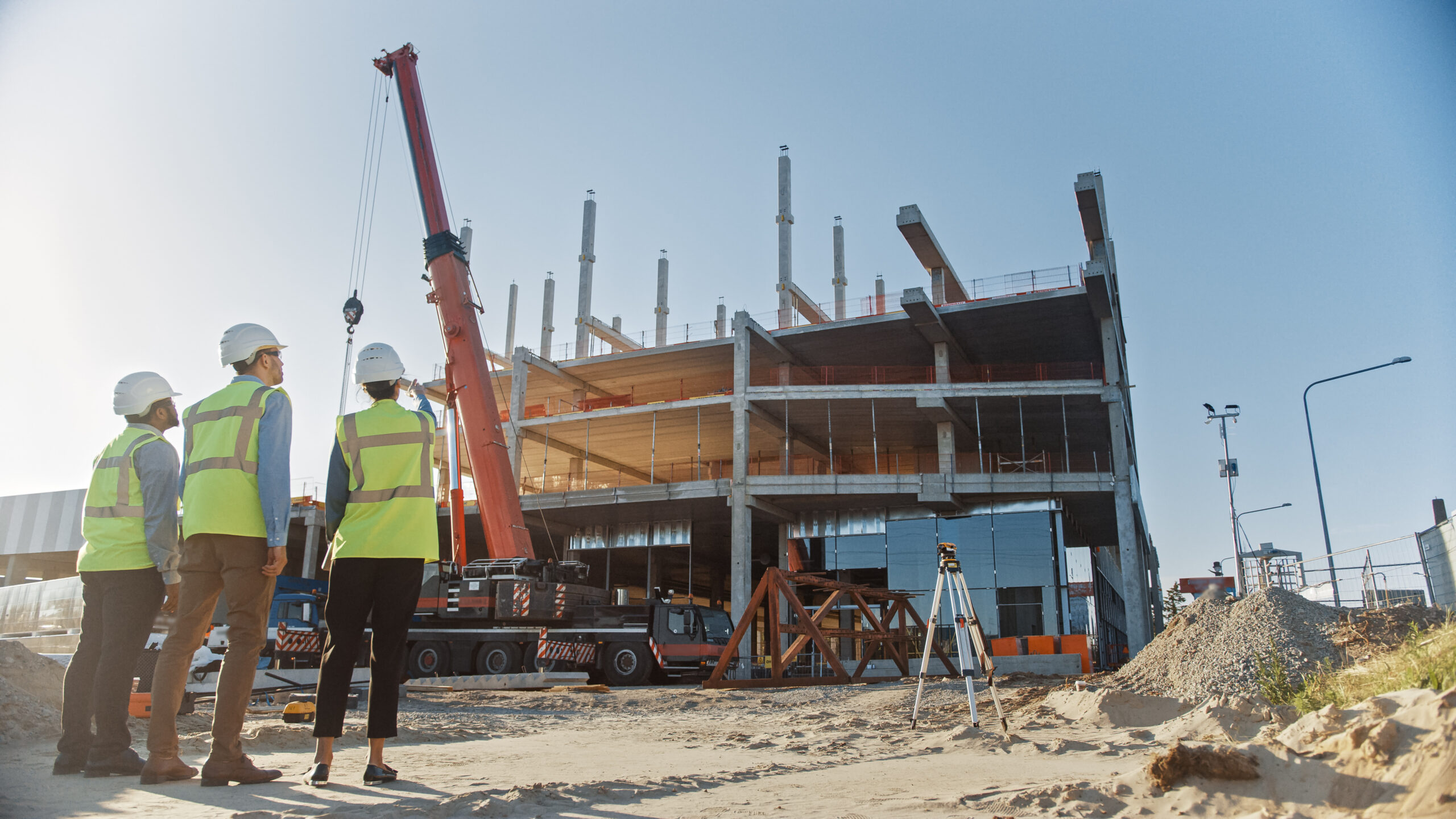Navigating the Maze: The Indispensable Role of Real Estate Lawyers in Property Development Projects
There is no lack of excitement in the world of property development, filled with possibilities and dreams becoming a reality. This enticing landscape is however, entangled with legal complications and regulatory obstacles. Every developer must therefore successfully negotiate these hurdles to undertake a successful venture. Therefore, real estate attorneys who are conversant with relevant laws are very crucial. Finding the right Real Estate lawyer in New York can help you avoid obstacles in your real estate journey.

Understanding the Legal Terrain:
It is worth considering that real estate projects encompass numerous legal issues beyond mere acquisition of land. Lawyers offer substantial advice and expertise about your project and help you avoid many pitfalls along the way. Here’s a closer look at their most important functions:
- Project Due Diligence and Risk Mitigation: Before any development can take place, thorough due diligence is necessary. To find potential problems such as outstanding liens, easements or ownership disputes against a particular title deed, real lawyers undertake an exhaustive exploration of it for possible encumbrances or defects. They also examine zoning restrictions as well as environmental limitations so that your project vision fits within legal parameters too. By anticipating and managing threats ahead, they will protect you from losing money on investment or experiencing time delays.
- Zoning and Permitting Expertise: For someone who does not know much about zoning regulations it may become hard to understand its intricate labyrinthine nature. Real estate attorneys have deep insights into zoning codes and procedures. Consequently, they can assist you in clarifying complex ordinances when seeking permits or even defending against adverse actions through variances if need be. Their knowledge ensures observance of all defined building requirements which means no barriers might lay ahead or non-compliance fines being imposed.
- Crafting Ironclad Contracts: The construction industry involves several contractual agreements ranging from terms pertaining to land purchase to tenant leases among others. These contracts should be handled by realty lawyers who outline them clearly. Having scrutinized everything, they can manage hazards and losses. Their eyes for details make sure that agreements are lawful and enforceable to avoid expensive arguments later.
- Financing and Investment Strategies: The process of financing a development project often entails complex negotiations with lenders and investors. Real estate attorneys have an in-depth understanding of financial products used in real estate and can help you negotiate loan structures, minimize debt exposure, and secure the best terms available on your project. Moreover, they may assist in creating offering memoranda or other important documents necessary for attracting investors.
- Construction and Dispute Resolution: During the construction period of a development project there might be unexpected challenges or even disputes between developers/contractors /sub-contractors. At this point you require a lawyer who has dealt with construction law matters before and thus will prove helpful to you. They may review building contracts, handle change orders, or represent you when disputes emerge throughout the work so that your venture remains within budgetary limits as well as timeframes rendered.
Beyond the Basics: Advanced Competencies for Complex Projects
Real estate attorneys who are engaged in complex development projects can specialize in specific areas, thus delving even deeper into their expertise. Here are some of them:
- Zoning and Land Entitlements: Real estate attorney that specializes on land use law can navigate complicated regulations, obtain variances and entitlements as well as represent developers during public hearings and negotiations with planning boards.
- Environmental Law: When it comes to developments, there is always an environment angle. Lawyers having a deep understanding of environmental law ensure compliance with environmental regulations, conduct environmental impact assessments and handle environmental liabilities.
- Tax Laws Pertaining to Real Estate: A tax savvy real estate lawyer can provide advice on structuring transactions to minimize tax implications; negotiate through tax credits, incentives; as well as ensure the best possible tax optimization at every stage of the project life cycle.
Building Strong Partnerships
The perfect relationship between a developer and a real estate attorney emanates from trust, open communication channels, and a shared vision for the project’s success. Consider these key things when choosing your legal partner:
- Experience and Track Record: Find an attorney who has successfully handled similar development projects before. This should include the geographical location you have chosen for your project.
- Communication Style: It is important to be able to communicate effectively. Choose an attorney who responds promptly, explains themselves clearly and is readily available when you need answers or worries arise.
- Fees And Billing Structure: Know what fees you will pay from the beginning with your lawyer. Is it per hour? Is it retainer basis? Or is it both? Ensure that this fee structure suits your budgetary allocation regarding this project including its potential risks.
Conclusion – Investing in Your Succes
Deciding to hire a real estate attorney for one’s property development exercise goes beyond mere compliance but also implies strategic investment towards making such a venture successful. Thus, by leveraging their knowledge in due diligence, zoning, contracts, financing and construction law one can have confidence on the complex processes involved in developing projects: thereby reducing risks and making their dreams real. Always look for a licensed Real Estate attorney in New York to help guide you through your real estate process and avoid any pitfalls.


